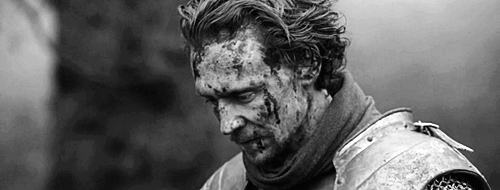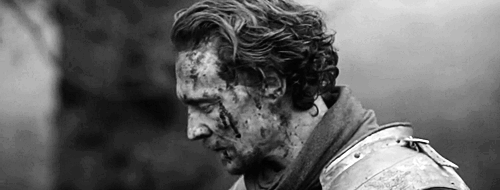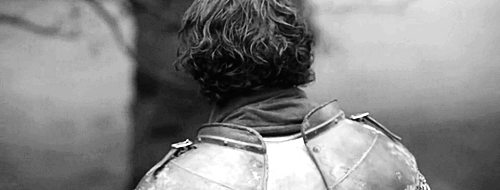 Поэтому я даже не берусь. И - пока догоняю в развитии - ограничиваюсь твитами на тему "втопку автографы, спасибо вообще за то, что ты есть"
Поэтому я даже не берусь. И - пока догоняю в развитии - ограничиваюсь твитами на тему "втопку автографы, спасибо вообще за то, что ты есть" 
 Поэтому я даже не берусь. И - пока догоняю в развитии - ограничиваюсь твитами на тему "втопку автографы, спасибо вообще за то, что ты есть"
Поэтому я даже не берусь. И - пока догоняю в развитии - ограничиваюсь твитами на тему "втопку автографы, спасибо вообще за то, что ты есть" 

 ) по центру и посмотрим наверх. David Dawson. ДА ЛАДНО!!!
) по центру и посмотрим наверх. David Dawson. ДА ЛАДНО!!! 

 Они из одного выпуска?! ))))))))) Мой ОТП только что приобрёл статус нерушимости ныне, присно и вовеки веков
Они из одного выпуска?! ))))))))) Мой ОТП только что приобрёл статус нерушимости ныне, присно и вовеки веков 


 Не принято, что ли, у них? Даже Брана умыл руки и самоустранился.
Не принято, что ли, у них? Даже Брана умыл руки и самоустранился.



 Какая выразительная спина! Чесслово, спина и глаза Генриха по выразительности дают прикурить спине и глазам Клауда. А это офигеть как много значит, поскольку по задумке создателей спина/глаза Клауда должны были выражать всё, о чём он молчал, молчит и будет молчать )))
Какая выразительная спина! Чесслово, спина и глаза Генриха по выразительности дают прикурить спине и глазам Клауда. А это офигеть как много значит, поскольку по задумке создателей спина/глаза Клауда должны были выражать всё, о чём он молчал, молчит и будет молчать )))




 Я так ржала над тем, как он гонялся за Кэт по залу, что чуть не пропустила поцелуй. Ну а там и растаяла в лужицу умилённого воска.
Я так ржала над тем, как он гонялся за Кэт по залу, что чуть не пропустила поцелуй. Ну а там и растаяла в лужицу умилённого воска. 


 А то такими темпами нам осенью придётся с биноклями тебя разглядывать на льду.
А то такими темпами нам осенью придётся с биноклями тебя разглядывать на льду. 


 |
 |
 |
 |